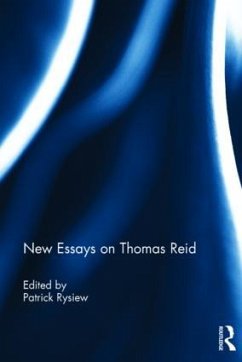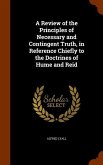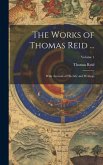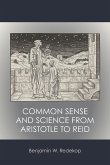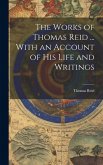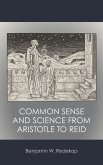Thomas Reid (1710-96) was a contemporary of both David Hume and Immanuel Kant, and a central figure in the Scottish School of Common Sense. Until recently, his work has been largely neglected, and often misunderstood. Like Kant, Reid cited Hume's Treatise as the main spur to his own philosophical work. In Reid's case, this led him to challenge 'the theory of ideas', which he saw as the cornerstone of Hume's (and many other philosophers') theories. For those familiar with Reid's work, it is clear that its significance extends well beyond his challenging the theory of ideas. The variety of topics which this book covers attests to the richness and variety of Reid's philosophical contributions, and the persisting relevance of his work to contemporary philosophical debates. The work included in this book, by leading figures in Reid scholarship, deals with aspects of Reid's views on topics ranging from perception, to epistemology, to ethics and meta-ethics, through to language, mind, and metaphysics. This book was originally published as a special issue of the Canadian Journal of Philosophy.
Hinweis: Dieser Artikel kann nur an eine deutsche Lieferadresse ausgeliefert werden.
Hinweis: Dieser Artikel kann nur an eine deutsche Lieferadresse ausgeliefert werden.

